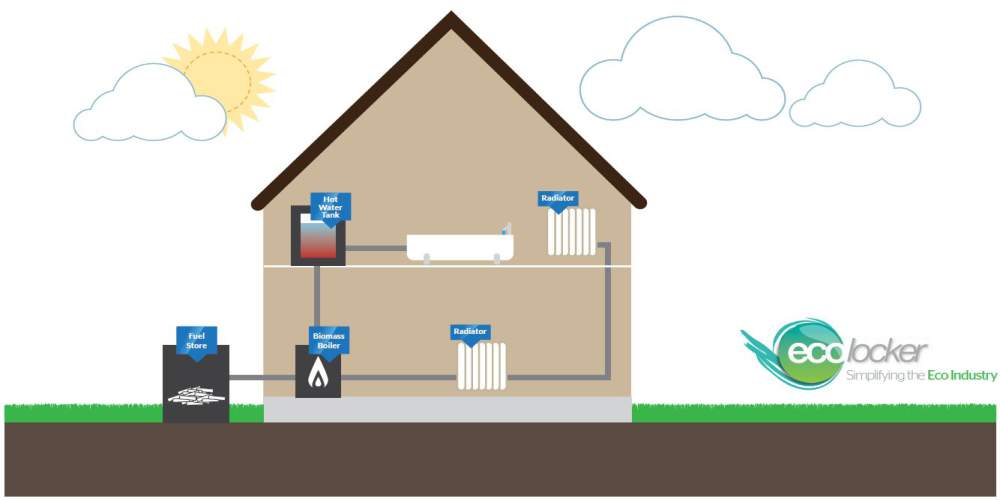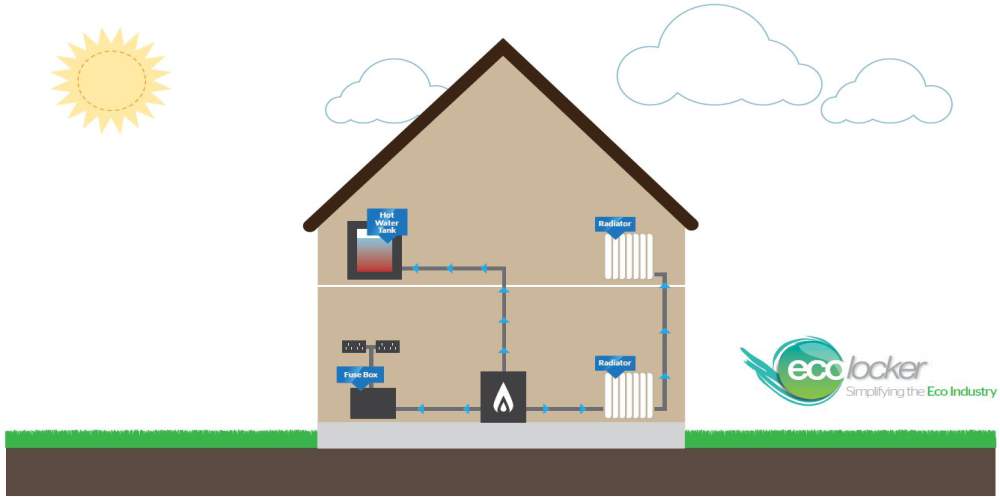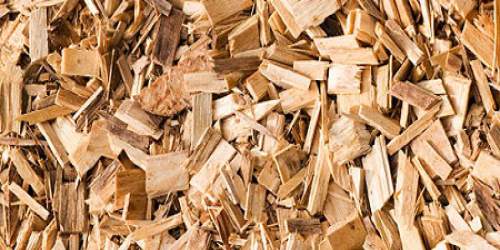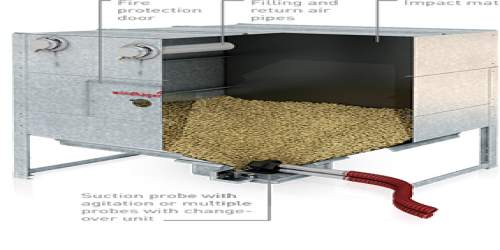Read Time : 2 Minutes
How do Biomass Boilers work
Biomass boilers work by burning biological matter and outputting the resulting heat for use in heating systems. Wood pellets, chips, logs or other biological materials are fed - automatically, semi-automatically, or by hand - into a combustion chamber where they are ignited. The hot gas and air produced by this process travel through a flue, and are then passed through a heat exchanger, which transfers the heat to the water used in the property's central heating system. The excess heat is also stored in a thermal tank (also called a buffer vessel). NB. Biomass boilers can usually easily be integrated with existing space, under floor and water heating systems.
COMPARE PRICES FROM LOCAL INSTALLERS
Compare prices from local companies fast & free
Enter your postcode to compare quotes from leading professionals. We promise to keep your information Safe & Secure. Privacy Policy
Typical Biomass installation illustration.
Typical Biomass CHP installation Illustration
Biomass and Pellet Boilers: Harnessing Sustainable Heat
Biomass and pellet boilers have emerged as sustainable alternatives to traditional fossil fuel-powered heating systems. As the world becomes more conscious of the environmental impacts of burning fossil fuels, these eco-friendly heating technologies have gained popularity for their efficient use of renewable resources. In this article, we will explore how biomass and pellet boilers work and their role in contributing to a greener future.
Understanding Biomass and Pellets:
Biomass refers to any organic matter derived from living organisms, such as plants and animals. This can include wood, agricultural residues, animal waste, and energy crops. Pellets, on the other hand, are cylindrical, compacted forms of biomass made through processes such as drying and compressing. Wood pellets are the most common type and are created from wood waste like sawdust or wood shavings.
How Biomass Boilers Work:
Biomass boilers operate on a straightforward principle of burning biomass to generate heat. The primary components of a biomass boiler include the fuel storage system, the combustion chamber, the heat exchanger, and the flue gas outlet. Let's take a closer look at the process:
- Fuel Storage: Biomass boilers require a storage area for the biomass fuel. This can be in the form of a fuel hopper that feeds the biomass to the combustion chamber automatically.
- Combustion Chamber: The biomass fuel is fed into the combustion chamber, where it comes into contact with oxygen and ignites. The combustion process releases heat energy in the form of hot gases.
- Heat Exchanger: The heat generated during combustion is transferred to water or another heat transfer fluid within a closed system. The heat exchanger facilitates this transfer and ensures the heat is efficiently utilized.
- Heat Distribution: The heated fluid is then circulated throughout the building, providing warmth to the space. This can be achieved through radiators, underfloor heating systems, or forced air circulation.
- Flue Gas Outlet: After the combustion process, flue gases containing water vapor and other by-products are produced. These gases are directed outside the building through a flue gas outlet or chimney.
- Advantages of Biomass Boilers:
Biomass boilers offer several advantages that make them attractive options for sustainable heating:
Renewable Energy Source:
Biomass is considered a renewable energy source because it can be replenished over time through responsible forestry and agriculture practices.
Carbon Neutral:
The carbon dioxide released during biomass combustion is balanced by the amount absorbed by growing plants, making it a carbon-neutral energy source.
Reduced Greenhouse Gas Emissions:
Biomass boilers emit fewer greenhouse gases compared to fossil fuel-based systems, helping to mitigate climate change.
Local Economic Benefit:
Utilizing locally sourced biomass fuels can provide economic benefits to rural communities and reduce dependence on imported energy sources.
How Pellet Boilers Differ:
Pellet boilers are a specific type of biomass boiler that operates on wood pellets as the primary fuel source. These pellets have a standard size and moisture content, ensuring consistent and efficient combustion. The process of how pellet boilers work is similar to general biomass boilers, but they offer some additional advantages:
Automated Fuel Feeding:
Pellet boilers often come with automatic fuel feeding systems, which regulate the pellet supply to the combustion chamber. This automation makes them more convenient to use.
Higher Energy Density:
Wood pellets have a higher energy density than other biomass forms, resulting in longer burning times and reduced refilling frequency.
Lower Emissions:
The uniformity of pellets and precise feeding mechanisms lead to lower emissions and higher combustion efficiency.
Conclusion:
Biomass and pellet boilers are proving to be valuable alternatives to conventional heating systems, offering a sustainable and efficient way to generate heat. By utilizing renewable biomass resources, these boilers contribute to reducing greenhouse gas emissions and promoting a greener future. As technology continues to advance, biomass and pellet boilers are likely to become even more efficient and affordable, making them an integral part of the transition to a more sustainable and eco-friendly world.
Find a local installer
Welcome to the biggest directory of UK renewable energy companies







 Is a Biomass Boiler suitable for my Property?
Is a Biomass Boiler suitable for my Property?





